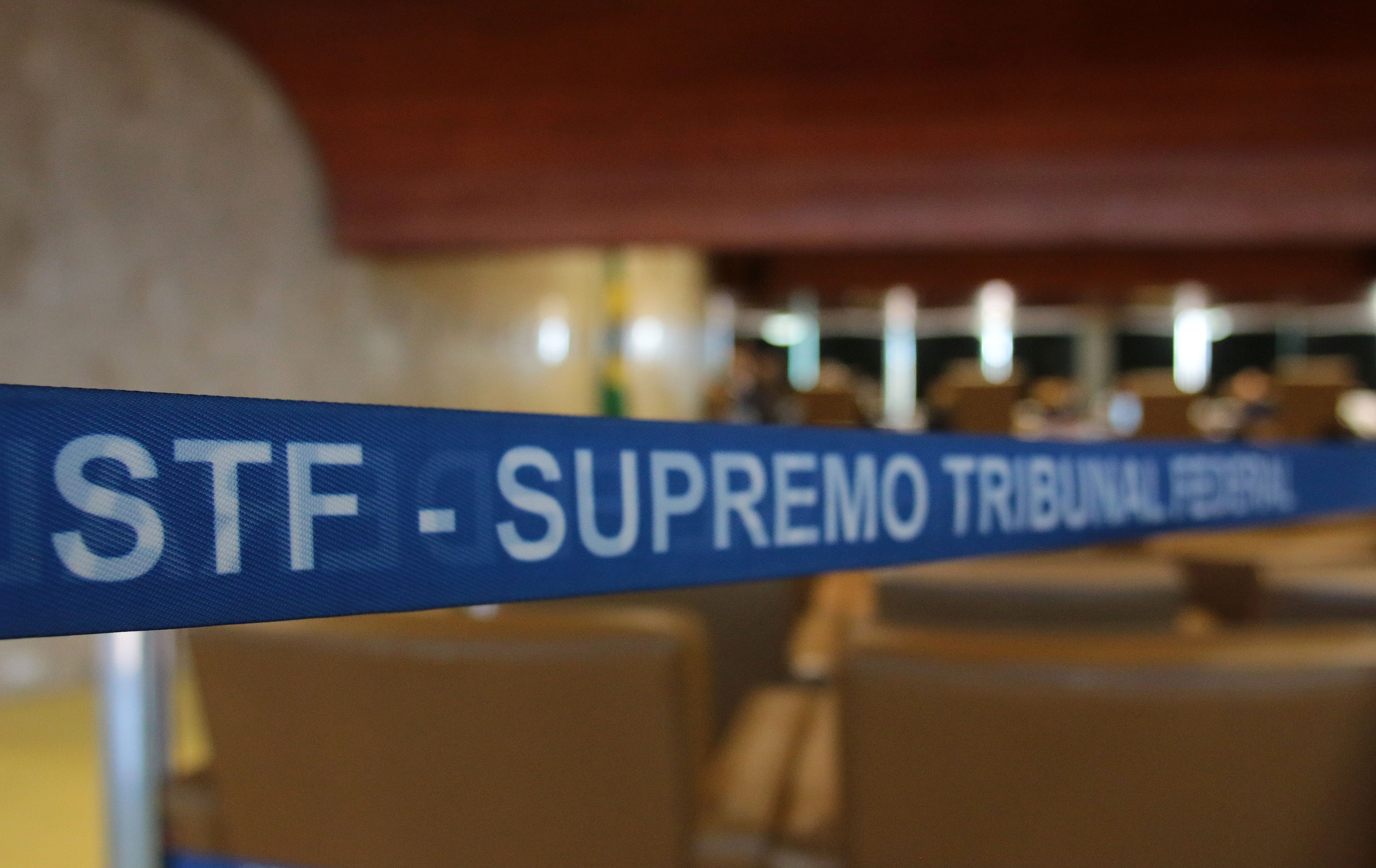Research reveals risk of impunity for crimes against public health during Covid-19 in Brazil
A study by Cepedisa and Conectas identifies flaws in the criminal liability of the authorities, threatening the fight against impunity and the protection of public health in the country
 Foto: STF/ Divulgação
Foto: STF/ Divulgação
Conducted by the Center for Studies and Research on Health Law (Cepedisa) of the University of São Paulo (USP) and Conectas Human Rights, the research identifies the risk of impunity from criminal liability for authorities that committed crimes against public health during the Covid-19 epidemic, which was responsible for the death of more than 700,000 people in Brazil. Published on Friday, February 16, by the journal Revista Direito e Práxis, the article “Federal response to Covid-19 in Brazil” reveals that only 14 criminal petitions and 2 inquiries relating to crimes and offenses committed by federal authorities during the pandemic are still ongoing in the Supreme Court.
In the article, the organizations identified and analyzed 58 criminal petitions and 3 inquiries implicating, among others, former President Jair Bolsonaro and several of his ministers. Among the petitions studied by the organizations, 38 have been archived and six have been appended to other cases or dismissed due to the alleged investigation of the same events in another case.
Of the 58 criminal petitions that were analyzed, the Office of the Prosecutor General requested that 46 be archived – nearly 79% of the cases. In 80% of the petitions for which archiving was requested, the Office of the Prosecutor General presented material arguments against the investigation of authorities who may have committed crimes against public health during the health emergency in Brazil, while in 20% it claimed that it would investigate or was already investigating the events in other cases.
The study warns that if the Supreme Court accepts the requests to archive these cases made by the Office of the Prosecutor General, it will be almost impossible to punish crimes against public health in future epidemics and the legal framework for public health in Brazil will suffer a severe setback.
The article concludes that, unlike what was stated by the Office of the Prosecutor General, the requests submitted to the Supreme Court do not strictly meet technical criteria. In summary, the archiving requests:
- do not take into account health legislation, which lays out in detail the duties of the federal government during an emergency, in particular the legal duty to contain the spread of diseases;
- ignore basic technical knowledge in the field, including the concept of an epidemic, and misrepresent crimes related to public health, making their classification, processing and punishment impossible, especially in an emergency context;
- and finally, they contain comments that appear to contradict disease containment measures, suggesting a possible political and ideological alignment with the federal government of the time.
Background – In 2021, Cepedisa and Conectas published the 10th issue of the Rights in the Pandemic Bulletin, which showed how federal government regulations constituted an intentional boycott of the measures to combat and contain the novel coronavirus. The data provided insights for senators who served on the Covid Congressional Inquiry Commission and was mentioned to demonstrate how the Bolsonaro government violated the right to life of Brazilians.


